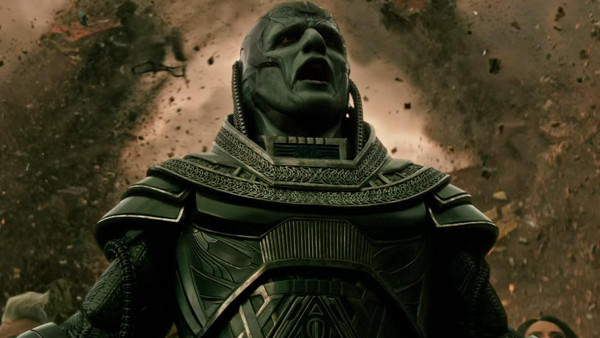What Does The Ending Of X-Men: Apocalypse Really Mean?
What Does Apocalypse's Defeat Say For The Future?

The final fight may be mostly whizz-bang spectacle, but it does have thematic through-line that neatly summarises the driving ethos of the X-Men and makes Apocalypse's defeat more than just the conquering of insurmountable odds.
This is the first time this brand of X-Men have had to actively work together against a mutant foe (Sebastian Shaw was dispatched solely by Magneto and the Sentinels obviously were human constructs). As such, the film makes a big point of highlighting what makes the good guys unique: their adaptability, openness and willingness to work together. It's not as simple as just ganging up on him either; Apocalypse is not only defeated by the X-Men working as a team, but Professor X is saved by the help of Jean Grey and her Phoenix force, itself an understanding of where true power lies.
This is compounded by Apocalypse's actions; he has an egotistical eliteness that ultimately causes his henchmen, who he clearly treats as lessers, to turn on him. As Professor X neatly (and a little derivatively) states during their mental battle, "You lose because you are alone".
This is all reflected best with Magneto, who is still redeemed even when all hope appears lost after the death of his family; he doesn't even learn that the X-Men actually includes a genuine relation, ensuring that his defection is focused on the incandescent sense of a team. Don't forget that this is the series' once big-bad, meaning this finishes a conflicted arc we've been tracing since First Class, a character change hammered home by copious flashbacks.